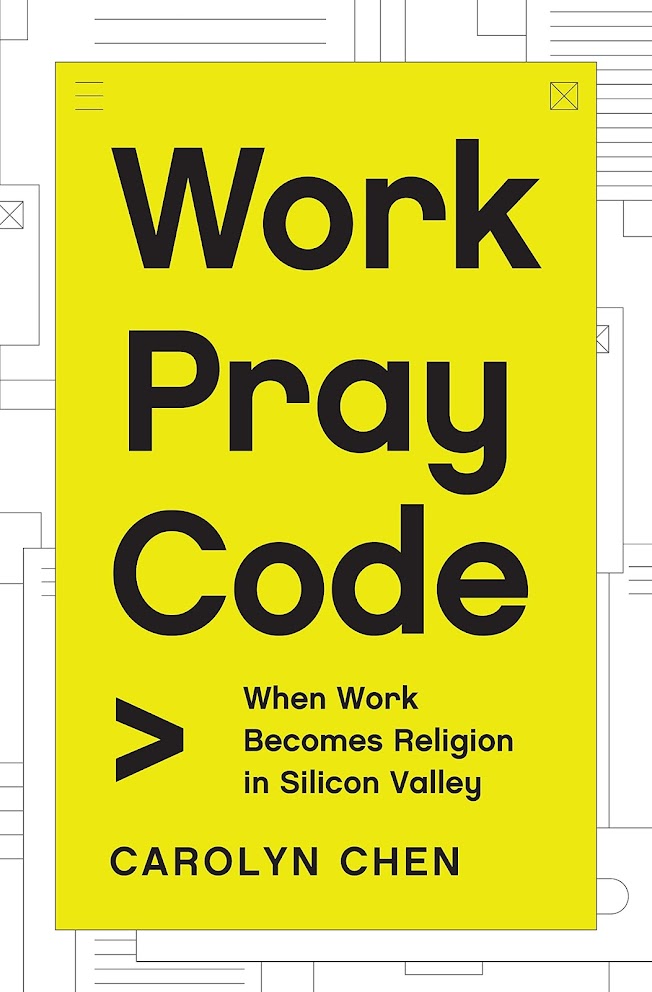It's going to be a nail-biter. Two weeks from today.
At WSJ, "France’s Macron and Far-Right Le Pen Lead in First Round of Presidential Election":
PARIS—President Emmanuel Macron and far-right leader Marine Le Pen led the first round of France’s presidential election, according to exit polls, setting the stage for a closely contested runoff amid fears over high-inflation and immigration. Mr. Macron won the first round with 28.5% of the vote ahead of Ms. Le Pen with 24.2%, according to polling firm Elabe. The French president now faces an April 24 showdown with Ms. Le Pen that polls say will be much more tightly contested than his landslide victory five years ago. Today, French politics are more polarized, making it hard for Mr. Macron to rekindle the coalition of disaffected socialists and conservatives rallied behind him in 2017, fueling a 32-point margin of victory. This time, widespread anxiety over the decline of middle- and working-class France—coupled with deep anti-immigrant sentiment in many parts of the country—has brought Ms. Le Pen from the political fringe to the center of national discourse. Polls taken ahead of Sunday’s vote showed Mr. Macron leading Ms. Le Pen in the runoff by just 2 percentage points. Mr. Macron’s vulnerability reveals the challenges lurking for a European political establishment that has tried to turn the page on populist and nationalist movements, focusing on geopolitical challenges like the Covid-19 pandemic and Russia’s invasion of Ukraine. Ms. Le Pen wants to pull France out of the North Atlantic Treaty Organization’s military command, in which French soldiers currently serve under the alliance’s commanders. She also wants European Union nations to claw back powers they have delegated to EU technocrats in Brussels. A month ago, Mr. Macron was riding high in the polls with a double-digit lead over Ms. Le Pen. His advisers in the Élysée Palace said he was too busy taking calls with President Biden and his Russian counterpart, Vladimir Putin, about the war in Ukraine to hit the campaign trail in earnest or participate in debates with his rivals. Polls indicated there was no need, with one survey in March showing that 79% of respondents—regardless of who they supported—expected Mr. Macron to win. “Macron didn’t even bother campaigning,” said Nathalie Dome, a 50-year-old cleaning lady who said she is voting for Ms. Le Pen. “He’s not the only one who can pick up the phone and call Putin.” Ms. Le Pen, meanwhile, crisscrossed the country, holding rallies in small rural towns. Her highly disciplined campaign focused on the economic sting of rising inflation while casting off much of the fiery rhetoric that has defined the Le Pen brand of politics for decades under her father, who has been convicted for anti-Semitic speech. “It’s hard to make ends meet,” said 30-year-old Estelle Classen, a gas-station employee. “Prices are increasing so fast, it’s abominable.” If the focus on pocketbook issues softened Ms. Le Pen’s image, so has the competition she faced from Eric Zemmour, another far-right candidate. A former TV pundit with strident anti-immigrant views, Mr. Zemmour trafficked in conspiracy theories that Ms. Le Pen refused to even utter. Ms. Le Pen has stuck to hard-line positions on the place of Islam in France, calling for a sweeping ban on Muslim headscarves in public spaces. But she has managed to temper that message with humanizing moments, inviting TV cameras into her home to talk about being a cat lover. “Marine Le Pen has learned from her mistakes. Zemmour is kind of scary,” said 28-year-old social worker Florian Dubois. Mr. Macron, on the other hand, has kept his distance. Known for his self-proclaimed “Jupiterian” style of governance, the French leader waited until March 3 to officially declare his candidacy. The move initially kept Mr. Macron above the political fray, allowing him to focus on diplomacy and depriving his rivals of the public attention that comes from sparring with an incumbent...










